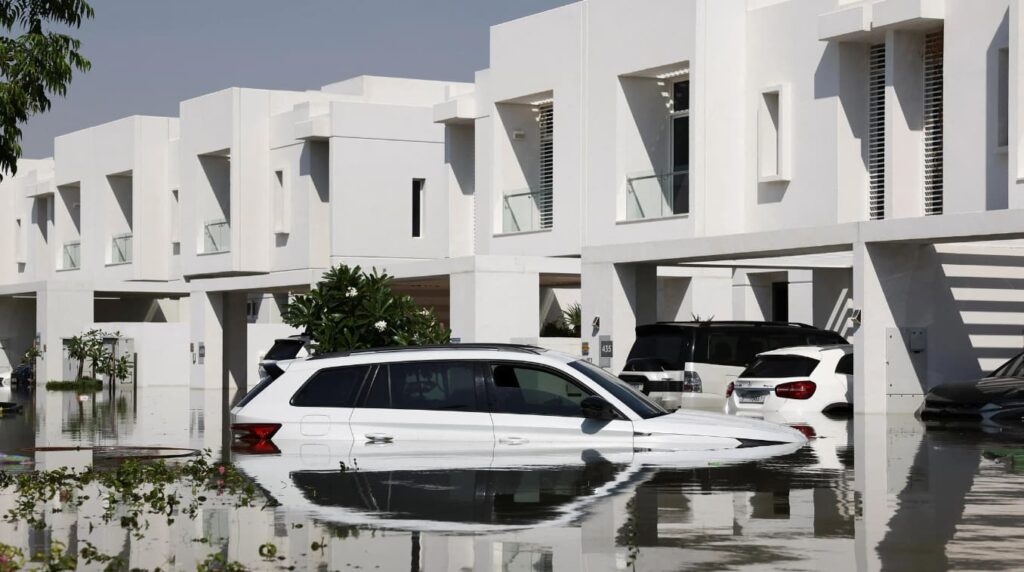Estate planning plays a crucial role in financial security, helping to preserve wealth and distribute it according to personal wishes. While traditional tools like wills and trusts are fundamental, life insurance in the UAE has become a powerful component in advanced estate planning. In the UAE, where financial regulations and inheritance laws are shaped by Sharia principles, life insurance offers added flexibility, control, and tax efficiency.
By taking a strategic approach, individuals can maximize the benefits of life insurance in estate planning while navigating the unique legal and financial landscape of the UAE.
Understanding Estate Planning in the UAE
In Western jurisdictions, estate distribution typically follows common law. However, in the UAE, inheritance is governed by Sharia law, unless specific legal arrangements are made.
What Legal Alternatives Are Available?
- DIFC Wills: Non-Muslim expatriates can register wills under the DIFC Wills and Probate Registry, allowing asset distribution based on personal wishes.
- Offshore Trusts or Foundations: These offer international structuring and more flexible control over global assets.
- Joint Ownership and Gifting: Strategically used to manage asset transfers outside traditional inheritance paths.
These tools empower residents and expatriates to plan effectively and ensure their estate is distributed in line with their intentions.
How Life Insurance Enhances Estate Planning
1. Immediate Liquidity for Heirs
One of the major benefits of life insurance in estate planning is that it provides immediate liquidity to beneficiaries, offering them peace of mind during a challenging time. When an individual passes away, their assets—such as property, investments, and business interests—may be tied up in legal procedures. Life insurance guarantees funds are available right away, covering expenses such as funeral costs, outstanding debts, and ongoing family needs without requiring heirs to sell valuable assets.
2. Avoiding Probate and Legal Delays
Inheritance laws in the UAE often result in lengthy probate proceedings, particularly when an estate includes real estate or business assets, which can cause financial strain and uncertainty for heirs. Life insurance proceeds, however, bypass probate and go directly to designated beneficiaries, providing them with immediate financial relief and stability during an otherwise complex and stressful period. This allows for a seamless and timely transfer of financial support, helping loved ones navigate financial responsibilities without unnecessary legal delays or complications.
3. Equalizing Inheritance Distribution
When an individual wants to create a more equitable distribution of assets among heirs, life insurance serves as an effective balancing tool. For example, if one child is set to inherit a family business while another is not, a life insurance policy can provide a cash benefit to the latter, allowing for a fairer distribution of wealth without dividing key assets. This approach helps prevent potential conflicts among heirs and ensures that each beneficiary receives appropriate financial support.
4. Estate Tax and Debt Coverage
While the UAE does not currently impose inheritance tax, expatriates with assets in other jurisdictions may be subject to estate taxes abroad. Life insurance can be structured to cover such obligations, preventing heirs from facing unexpected financial burdens. Additionally, outstanding debts, including mortgages and business loans, can be settled using life insurance proceeds, preserving the value of the estate.
Life insurance can help cover:
- U.S. Estate Tax: Applicable to citizens and green card holders.
- UK Inheritance Tax: Based on domicile status.
- Foreign property taxes or transfer fees
- Outstanding personal or business debts
5. Business Succession Planning
For business owners, life insurance plays a crucial role in succession planning. A well structured policy can fund a buy-sell agreement or provide liquidity for surviving partners to acquire ownership shares, preserving the long-term stability of the company.
Example: A business owner in Abu Dhabi uses life insurance to fund a partner buyout, ensuring her family receives fair compensation while the company remains operational.
Choosing the Right Life Insurance for Estate Planning
Selecting the right type of life insurance is critical to achieving your estate planning goals. Here are the primary options available in the UAE:
- Term Life Insurance provides coverage for a specific period (e.g., 10, 20, or 30 years) and pays out a death benefit if the policyholder passes away during the term. This is a cost-effective option for those looking to provide temporary financial protection for their family or business.
- Whole life insurance offers lifelong coverage with a guaranteed payout. In addition to the death benefit, it accumulates cash value over time, which can be accessed through loans or withdrawals during the policyholder’s lifetime. This makes it a suitable option for those looking for long-term wealth preservation.
- Universal life insurance combines lifelong coverage with investment flexibility. Policyholders can adjust their premiums and death benefits over time while benefiting from potential investment growth. This type of policy is ideal for individuals who want both protection and a strategic wealth accumulation tool.
Key Considerations for UAE Residents
While integrating life insurance into your estate plan, consider the following factors specific to the UAE:
- Policy Ownership and Beneficiary Designations: Ensure that your policy is structured correctly so that proceeds are distributed according to your wishes without legal disputes.
- Sharia Compliance: If applicable, opt for Takaful (Islamic insurance) policies that align with Islamic financial principles.
- Jurisdictional Impact: If you have international assets, consult with an estate planning expert to understand the cross-border implications of your life insurance strategy.
- Premium Affordability and Coverage Needs: Assess your financial situation to determine the appropriate coverage amount and policy type.
Steps to Incorporate Life Insurance into Your Estate Plan
- Evaluate Your Financial Goals: Determine your estate planning priorities, such as wealth preservation, debt coverage, and business continuity.
- Choose the Right Policy: Work with a financial advisor to select a life insurance policy that aligns with your long-term objectives.
- Name Your Beneficiaries Wisely: Designate beneficiaries carefully to ensure smooth distribution of proceeds without complications.
- Review and Update Your Plan Regularly: Life circumstances change, so it’s important to revisit your estate plan periodically to make necessary adjustments.
- Consult Legal and Financial Experts: Engage with professionals who understand UAE regulations to optimize your estate planning strategy.
Secure Your Legacy with Petra Insurance
At Petra Insurance, we specialize in helping individuals and families craft comprehensive estate planning solutions using life insurance. Whether you’re looking to safeguard your wealth, support your loved ones, or plan for business succession, we provide expert guidance tailored to your unique needs.
Contact us today to explore life insurance options that align with your estate planning goals. Follow us on Facebook, Instagram, Twitter, and LinkedIn to stay updated and connected.

RAMZI GHURANI
Managing Partner




